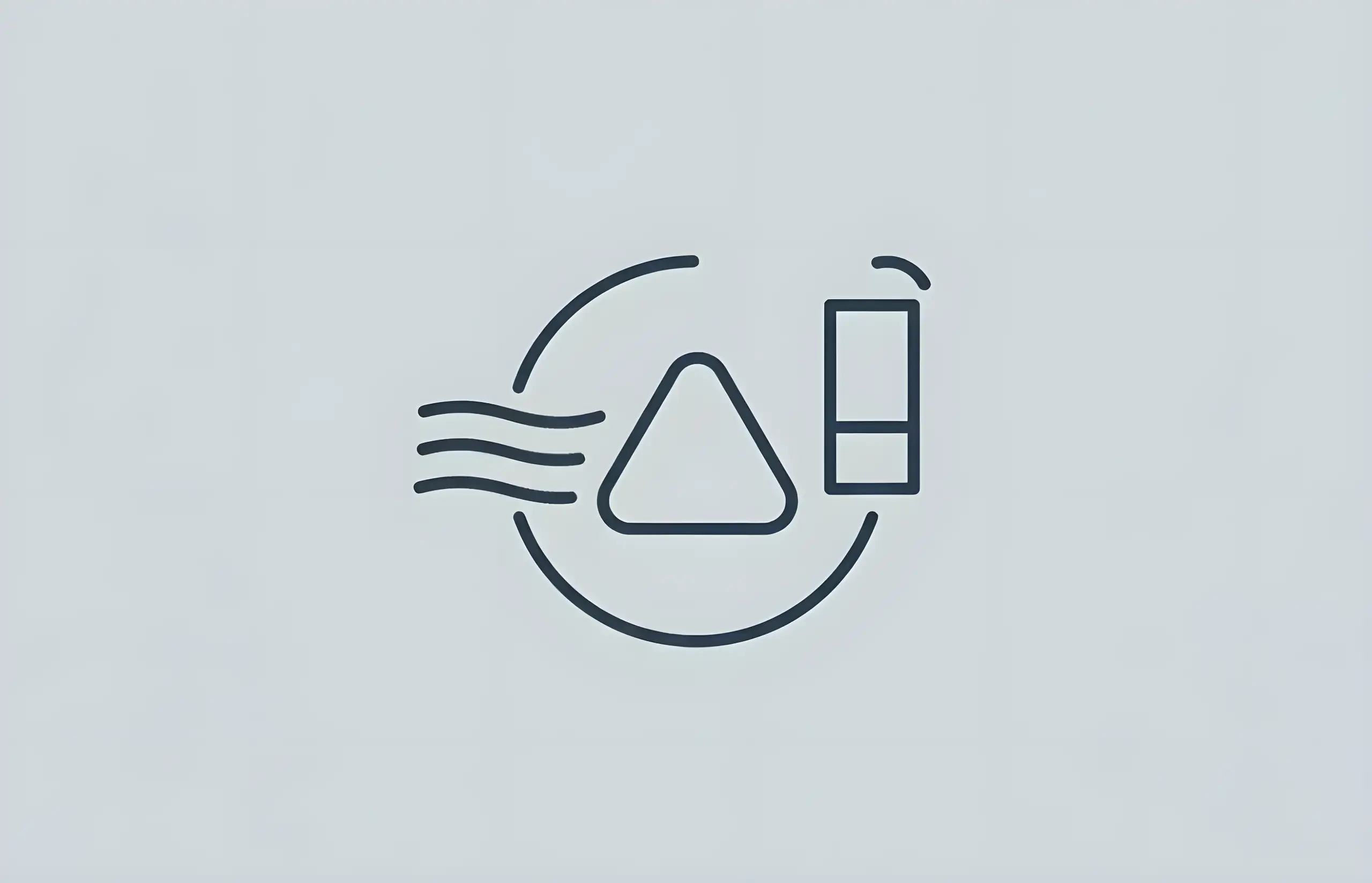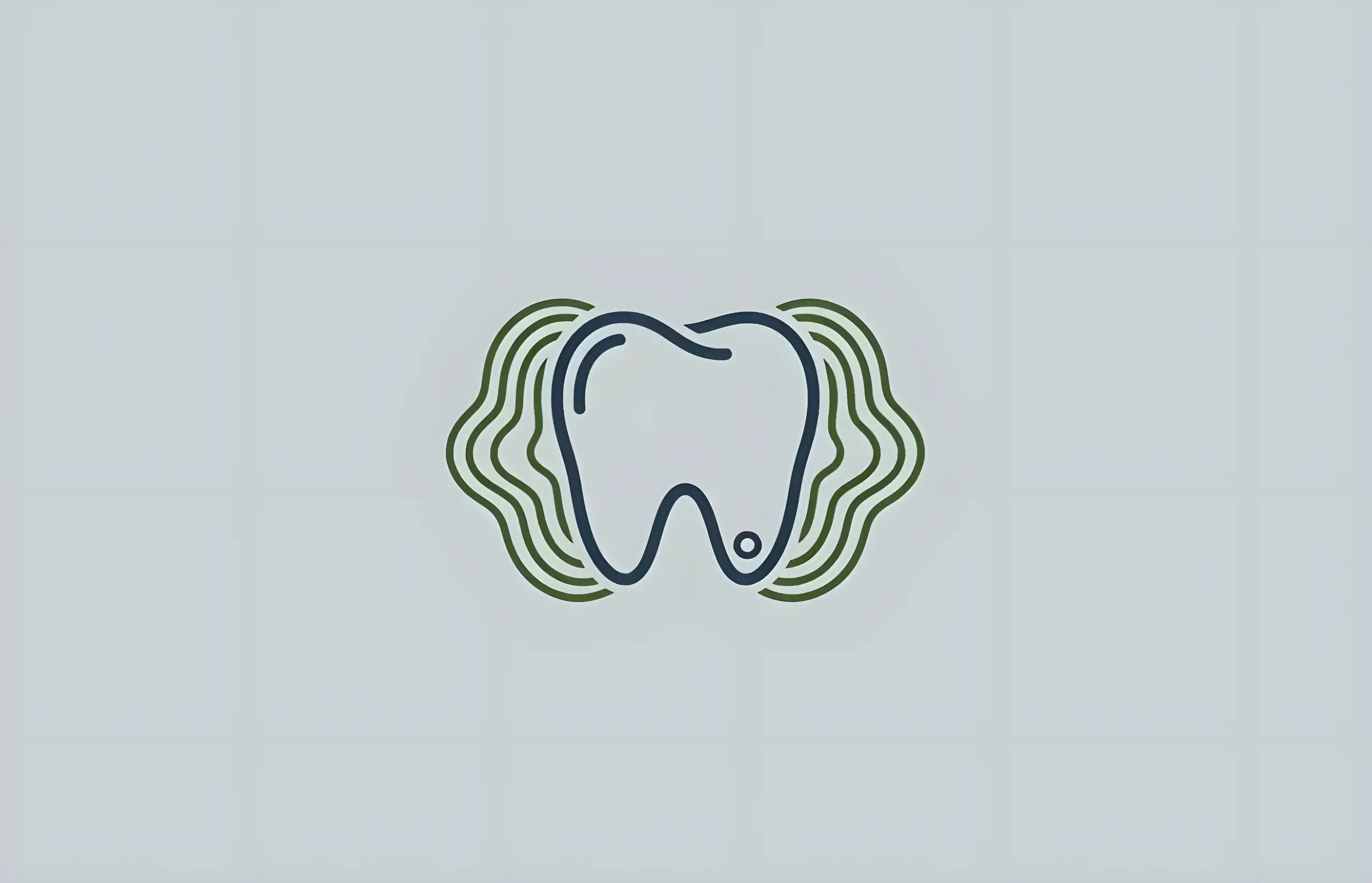Having a sore gum around one tooth is not just an inconvenience when eating; it can also be quite painful. Understanding what causes swollen gums around a tooth is essential to the prevention and treatment of this annoying ailment.
Causes of Gum Swelling
Many things can cause a sore or swollen gum around one tooth.
First, poor oral hygiene and gum disease can cause swollen, bleeding, and sore gums. When tartar and plaque get lodged between the gum and tooth, bacteria grows. Often, this turns into gingivitis if not adequately cleaned through regular tooth brushing and flossing.
A telltale sign of gingivitis is bleeding gums. If you have a specific part of gum within your mouth that is swollen, sore, or bleeding, it could be gingivitis. If left untreated, gingivitis develops into periodontitis, which will cause gums and teeth to swell and deteriorate even more.
Another common cause of swollen gums is dental trauma. A recent surgery, tooth removal, or cut in the mouth can lead to a swollen or sore gum around one tooth. In response to the wound or surgery, your body pushes more blood to the area to heal it. This is uncomfortable for a time as the gum swells, but it is part of your body's natural healing process.
Lastly, swollen gums around a tooth may be from a cavity. If untreated, a cavity will allow bacteria to spread throughout the tooth, eventually leading to an abscessed tooth. In response to this infection, gums will swell.
Treatment
The treatment of a swollen gum around a tooth is directly correlated to the cause. Here are the standard treatments:
- Antibiotic therapy if your tooth is infected
- Root canal or tooth removal, depending on the extent of the abscessed tooth
- Daily saltwater rinse or commercial mouthwash to combat gingivitis
- Resume proper oral hygiene
Preventing Swollen Gums
To keep your gums in the best possible shape, keep up on your oral hygiene. Everyone should be brushing their teeth twice a day with a soft-bristled toothbrush. Each time you brush, it should be for a minimum of two minutes.
When brushing, make sure you give each part of your mouth its fair share. Brush the base of your teeth, both on the inside and outside edges. Ask your dentist if there is a certain part of your mouth they can tell you usually miss when brushing. This will help you focus on preventing swollen gums from bacteria or plaque.
Flossing once a day is also vital to preventing painful gums around a tooth. Gently slide waxed floss into every single tooth slot. Even skipping one space could cause tartar to build up and lead to inflamed gums.
If you have a sugary snack, wait for a few minutes and then give your mouth a quick brush. It does not have to be the full two minutes, but this attention can help prevent bacteria and tartar as well. Alternatively, consider a saltwater rinse or mouthwash instead.
Lastly, see your dentist regularly for teeth cleaning and observation. Regular x-rays and appointments will keep cavities at bay and prevent gum disease or an abscessed tooth.
Sources and References
- [1]
- [2]
- [3]
- [4]
-
[5]
Local and systemic mechanisms linking periodontal disease and inflammatory comorbiditiesNature Reviews Immunologyhttps://www.nature.com/articles/s41577-020-00488-6
All sources accessed and verified on . Medical information reviewed for accuracy and compliance with current guidelines.
Related Articles

Sore Gums: Causes & Treatments
Comprehensive guide to understanding sore and painful gums, including causes like gingivitis, periodontitis, thrush, hormonal changes, and evidence-based treatment approaches

How To Stop Bleeding Gums
Understand the causes of bleeding gums from gingivitis to vitamin deficiencies, and learn effective treatments to restore gum health

Sore Gums During Pregnancy
Learn about sore, swollen, and bleeding gums during pregnancy including causes, when symptoms occur, treatment options, and prevention tips for maintaining oral health
About The Dental Guide
The Dental Guide is a trusted online resource providing evidence-based information about dental health, treatments, and procedures. Our content is created and reviewed by qualified dental professionals to help you make informed decisions about your oral health.
Our Mission
- Evidence-based dental information
- Expert-reviewed content
- Clear, accessible explanations
- Latest treatment options
- Patient-focused guidance
Editorial Standards
- GDC-registered dental professionals
- Peer-reviewed sources
- Regular content updates
- Medical accuracy verification
- Transparent authorship
Important Notice
The information on The Dental Guide is for educational purposes only and should not replace professional dental advice. Always consult with a qualified dentist for diagnosis and treatment recommendations tailored to your individual needs and circumstances.
Medically Reviewed
Reviewed by Dr. Nasim Mechoui , BDS (Bristol)
Share this article
Comments & Discussion
Have questions about dental implants? Share your thoughts or experiences.
